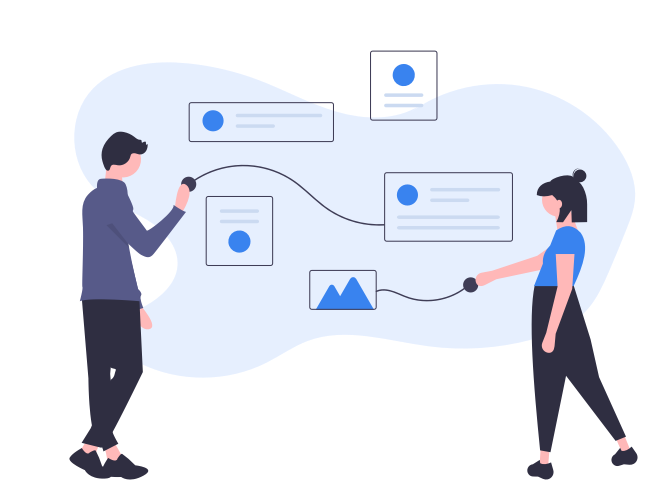How Does SEO Work?
Search engines like Google use bots to crawl website pages, go from site to site, and collect and index information about those pages. First, to decide order pages. Algorithms evaluate index pages, considering hundreds of ranking variables of signals, which should appear in the results for a given query. Search algorithms are designed to provide users with an efficient browsing experience on accurate, appropriate, and authoritative sites.
If you optimize your site and content with these factors, your webpages can rank higher in the search results. In simpler terms, SEO works by demonstrating to search engines that your content is the best result for the topic at hand. All search engines have the same objective: to show their users the best and most relevant results. How you do it depends on your search engine that you are optimizing.

